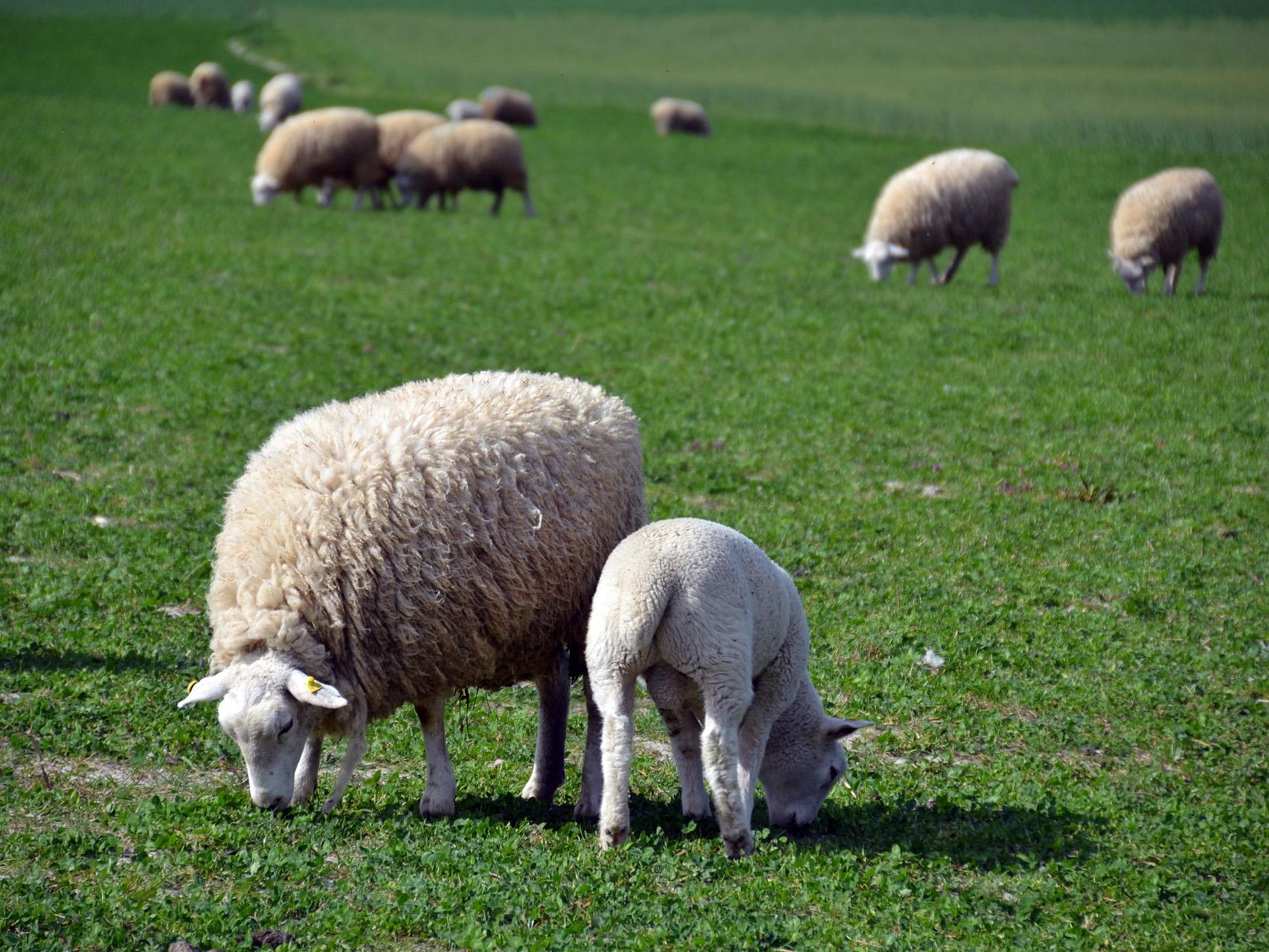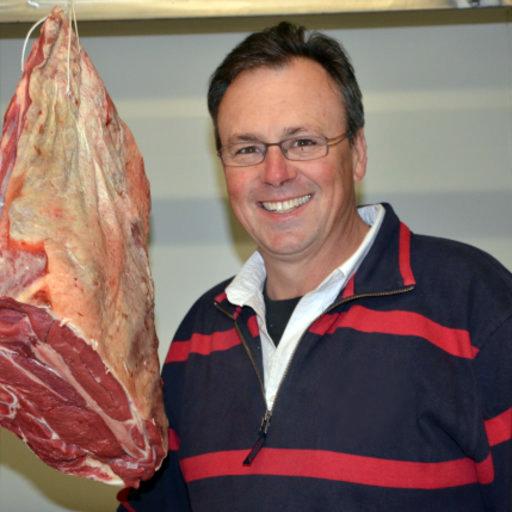Genetics of lamb survival

Study animal science and the genetic relationship between birth weight and lamb survival in a research flock.
Poor lamb survival is a major contributor to sheep reproductive inefficiency in Australia where survival of lambs from birth to weaning can vary considerably and is often less than 80% of lambs born. It has been estimated that 10 million lambs and weaners are lost to the Australian sheep annually making it one of the largest losses from endemic disease or wastage (Sackett et al. 2006).
Apart from the economic impact, such reproductive wastage is an animal welfare concern, which adds further incentive to find effective strategies to improve lamb survival.
Whilst there are a number of management strategies known to improve lamb survival the potential for genetic gain to further enhance survival as part of an integrated approach is warranted.
Key methodology: A genetic analysis of the existing South Australian Selection Demonstration Flock Data will be done.
Study production animal health
While his primary work is in the genetic improvement of beef cattle, Professor Wayne Pitchford has also supervised projects in sheep, goats, pigs and deer.
Potential honours projects also exist in the discipline areas of reproduction, meat quality, lamb density, feed efficiency, physiology, animal behaviour and welfare, walk-over-weigh technology, development of statistical methods, forage crop breeding, systems for developing countries, social science, participatory extension, and social media.
Professor Pitchford has good co-supervisors who are closely linked with industry. He always attempts to develop projects that suit your interests and career goals.

Supervisors
Co-supervisors: Dr Michelle Hebart | Associate Professor Forbes Brien
Research area: Production animal health; ruminant science
Recommended honours enrolment: Honours in Animal Science
